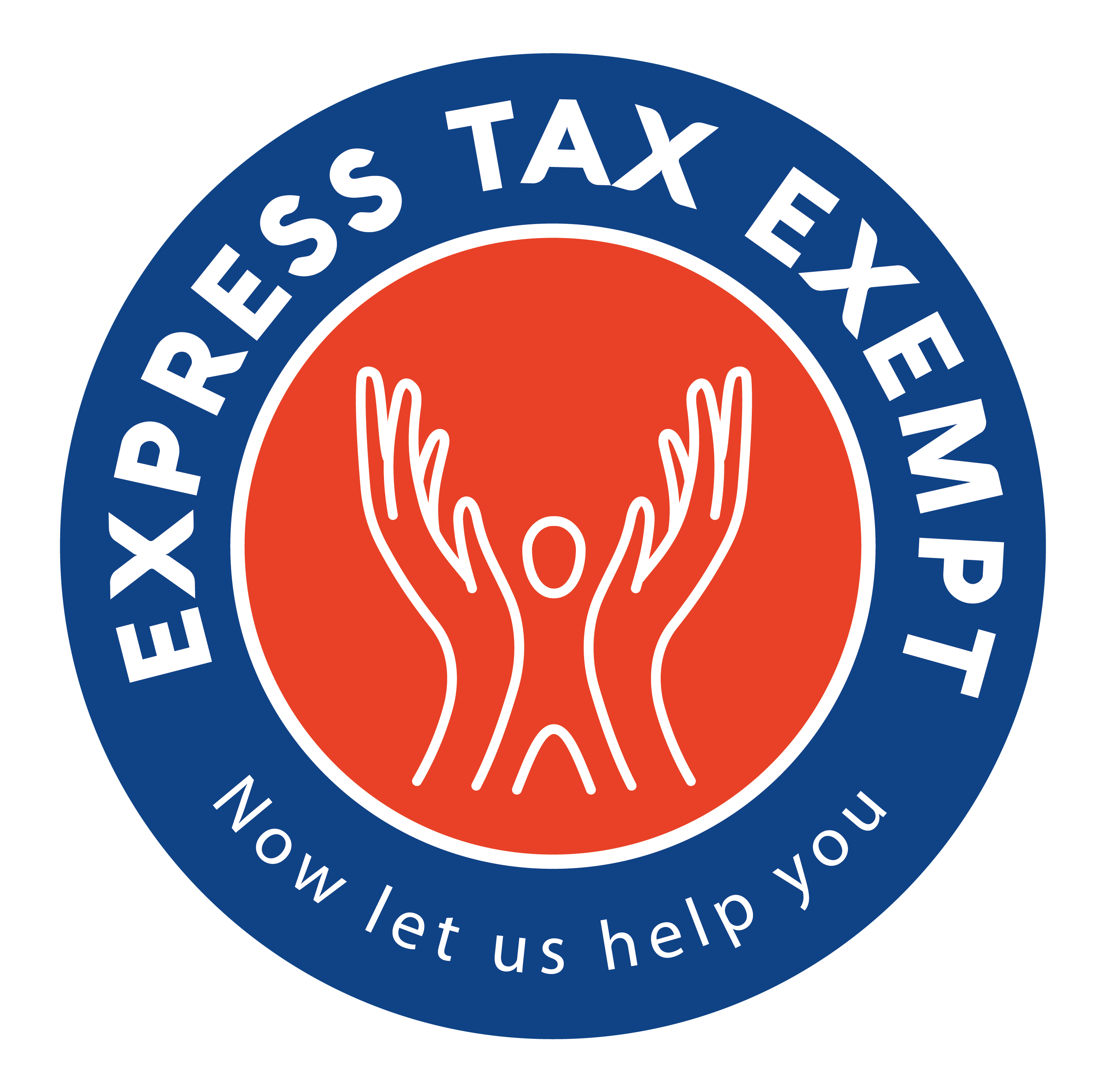5 Stages of Exempt Organizations
Over the course of operating your exempt organization, you’ll get familiar with the intersecting points where you are responsible for tasks mandated by the IRS, or even the state. These points, or stages, are also referred to as the life cycle of an exempt organization.
Stage 1 – Starting Out
There are a number of things you need to have accomplished before you can even dream about being tax-exempt. Your organization has to be created under state law, an Employer Identification Number (EIN) must be issued, and your appropriate federal tax classification must also be determined.
See how to forge your beginning with our blog:
Becoming a Nonprofit or Tax-Exempt Organization
Stage 2 – Applying for Exemption
To obtain recognition of exemption from federal income tax, you are required to file Form 1023; The IRS Form 1023 is categorized as the Application for Recognition of Exemption under Section 501(c)(3) of the Internal Revenue Code. Not as simple as you may think – before you even begin, you must have these items:
- Employer Identification Number (EIN)
- Organizing Document (Article of Incorporation, Trust Agreement, or Articles of Association, Constitution, Bylaws or Other Similar Organizing Documents
- Section 501(c)(3) Purpose and Dissolution Clause Verification (Included in Organizing Document)
- Form 2848, Authorized Representative Verification (if applicable)
- Form 8821, Tax Information Authorization
A Form 1023 Thanksgiving
Stage 3 – Required Filings
Getting your exemption status is one thing, maintaining your exemption status is another. You are required to file your tax-exempt returns with the IRS each year.
- Form 990-N (e-Postcard) – Exempt organizations with less than $50,000 in gross receipts
- Form 990-EZ – Exempt organizations with less than $200,000 in gross receipts, and total assets less than $500,000
- Form 990 (Long) – Exempt organizations with gross receipts greater than or equal to $200,000, or total assets greater than or equal to $500,000
You can learn about the 990 series tax forms from another one of our insightful blogs:
ExpressTaxExempt – #1 for Tax-Exempt 990 Forms
Stage 4 – Ongoing Compliance
There are basic guidelines of governance that should be instilled your organization – even if it’s operated differently from the next. You have disclosure requirements, employment taxes, and ways to avoid risking, or worse – losing, your exempt status. And it’s been proven how governance guidelines can link to how tax compliant your organization is.
Compliant or Not Compliant
Stage 5 – Significant Events
These could be your organization’s “be all, end all” moments, and can include audits, private letter rulings, and termination procedures. Nothing is meant to last too long – but if you’re on top of your financial responsibilities and IRS compliance, these events should be few and far in-between.
Know the key areas of a standard audit review with our two blogs:
Legal Audits pt.1
Legal Audits pt.2
We understand how demanding federal paperwork can be, and how it can take away precious time from strengthening the impact of your organization – which is why we offer quick and simple e-filing solutions specifically for exempt organizations. ExpressTaxExempt offers secure e-filing; your information is transmitted directly to the IRS and no one else. And your information is securely stored within our cloud-based servers that you can safely access from anywhere, anytime.
Contact our live, supportive team of e-filing professionals if you have questions or need further assistance with your e-filing experience; we’re happy to help! Call us at (704) 839-2321, Monday through Friday from 9 a.m. to 6 p.m. EST, or email us at any given time of day, even on weekends, at [email protected].


